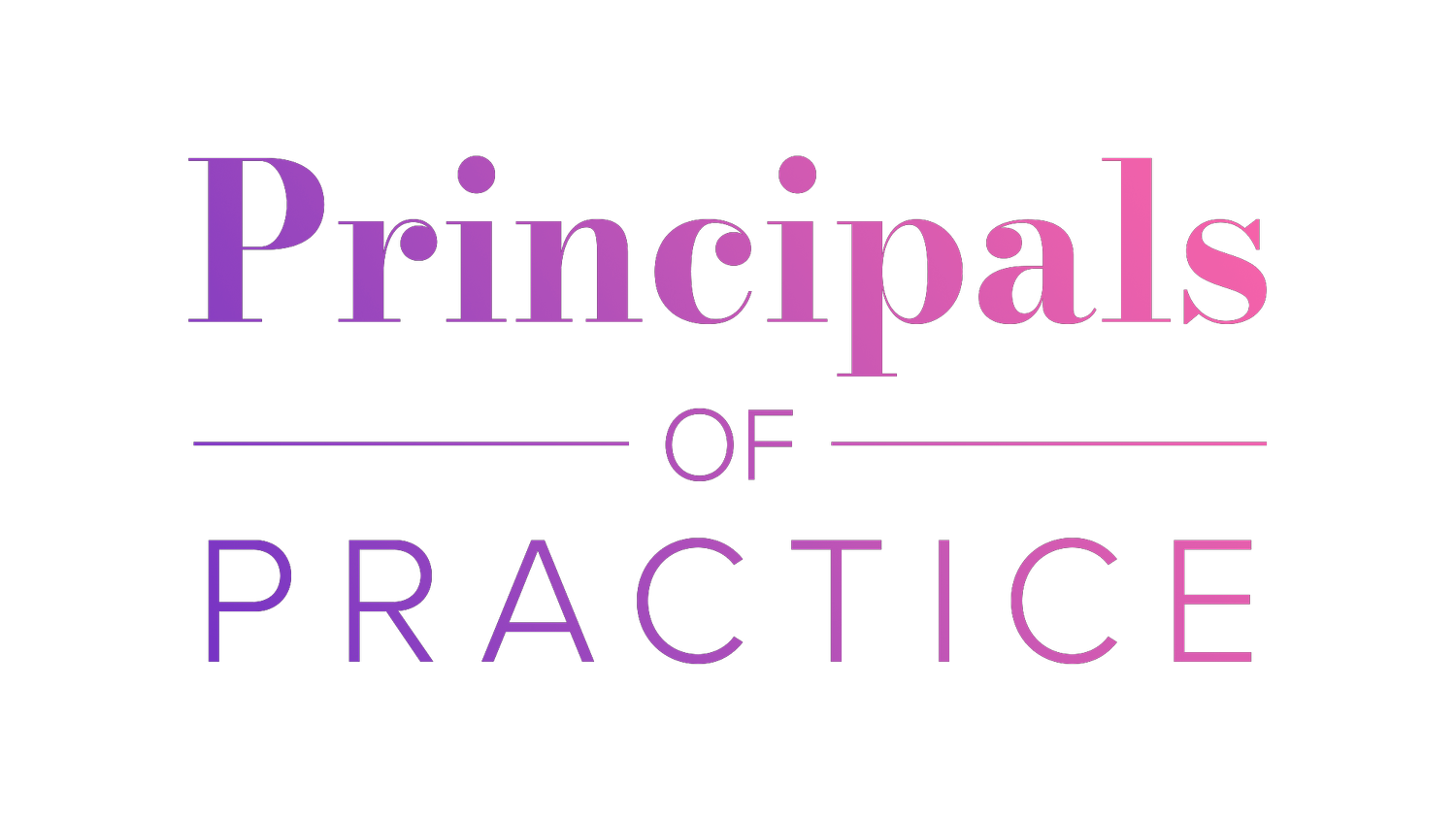The case for professional supervision in legal practice
In a number of caring professions (including social work and counselling), professional supervision is mandatory, supporting these professionals to manage their full and complex caseloads and adding a further layer of competency development through reflective practice. In this post we explore the benefits of professional supervision in the legal profession. These benefits include:
enhanced competency
fosters ethical practice
mitigates risks
prevents burnout
What is professional supervision?
Sometimes referred to as clinical supervision, professional supervision is a formal process of professional support and learning where regular, protected time is set aside for in-depth reflection (through the means of conversation with a professional supervisor) on professional practice, to learn from experience. It involves the process of reflection, guidance and support provided by an experienced supervisor and serves as a platform for discussing cases, addressing challenges and honing skills through constructive feedback.
The case for professional supervision in legal practice
How is professional supervision different from coaching?
Primary focus: The primary focus of professional supervision is on the practitioner's work within their professional context. It involves discussing specific cases, challenges, and ethical dilemmas encountered in the practitioner's role. The purpose is to enhance competency, ensure ethical practice, and provide support tailored to the demands of the profession. In the case of the lawyer, it focusses not just on the lawyer, but on their stakeholders such as they clients, colleagues and the profession itself. On the other hand, the primary focus in coaching is the coachee. The scope of the engagement is typically broader with coaching encompassing personal and professional goals and the purpose of coaching being to empower the individual to achieve their desired outcomes and maximize their potential in various aspects of life.
Expertise of the supervisor: Professional supervisors often have expertise and experience within the same professional domain as the practitioner seeking supervision. They are typically senior practitioners with specialised knowledge of the profession's norms, regulations, and ethical considerations. Supervisors provide guidance and feedback based on their extensive experience in the field. Coaches on the other hand may come from diverse backgrounds and may not necessarily have direct experience in the client's profession.
Structure and Process: professional supervision sessions often follow a structured format, with predetermined agendas focusing on the practitioner's professional development needs. Sessions may include case discussions, reflective exercises, and feedback on practice. The supervision process is typically ongoing, whereas coaching sessions are more flexible and adaptable to the client's goals and preferences. While coaching engagements usually span multiple sessions, they are often time-limited and driven by the client's agenda and desired outcomes.
Why offer professional supervision to lawyers specifically?
Professional supervision supports lawyers to navigate the following typical features of working in the legal profession:
High-Stakes Nature of Work: the pressure to achieve favourable outcomes for clients can be immense, leading to heightened stress levels.
Workload Demands: tight deadlines, extensive research, and complex documentation leading to long hours and intense workloads.
Emotional Toll: Dealing with sensitive legal issues can take an emotional toll on lawyers. They may encounter clients who are experiencing distress, trauma, or grief, which can be challenging to navigate while maintaining professional boundaries.
Uncertainty and Ambiguity: The unpredictable nature of legal proceedings can add to the stress of lawyers, who must adapt to evolving circumstances and make quick decisions under pressure.
Client Expectations: Managing client expectations while providing realistic assessments of legal matters can be challenging and may lead to conflicts or dissatisfaction.
Professional Responsibilities: Balancing ethical duties with the demands of legal practice requires vigilance and integrity, which can contribute to stress.
Competitive Environment: The legal profession is highly competitive, the pressure to excel, advance in one's career, and stand out among peers can create a competitive environment that adds to the stress of lawyers.
Financial Pressures: For lawyers in private practice, financial considerations such as billable hours, client billing, and firm profitability can be sources of stress. Meeting revenue targets, managing overhead costs, and navigating economic fluctuations can add to the pressure of sustaining a successful legal practice.
What next?
If you’d like to learn more about professional supervision for yourself of your EAP programme, please do get in touch.

